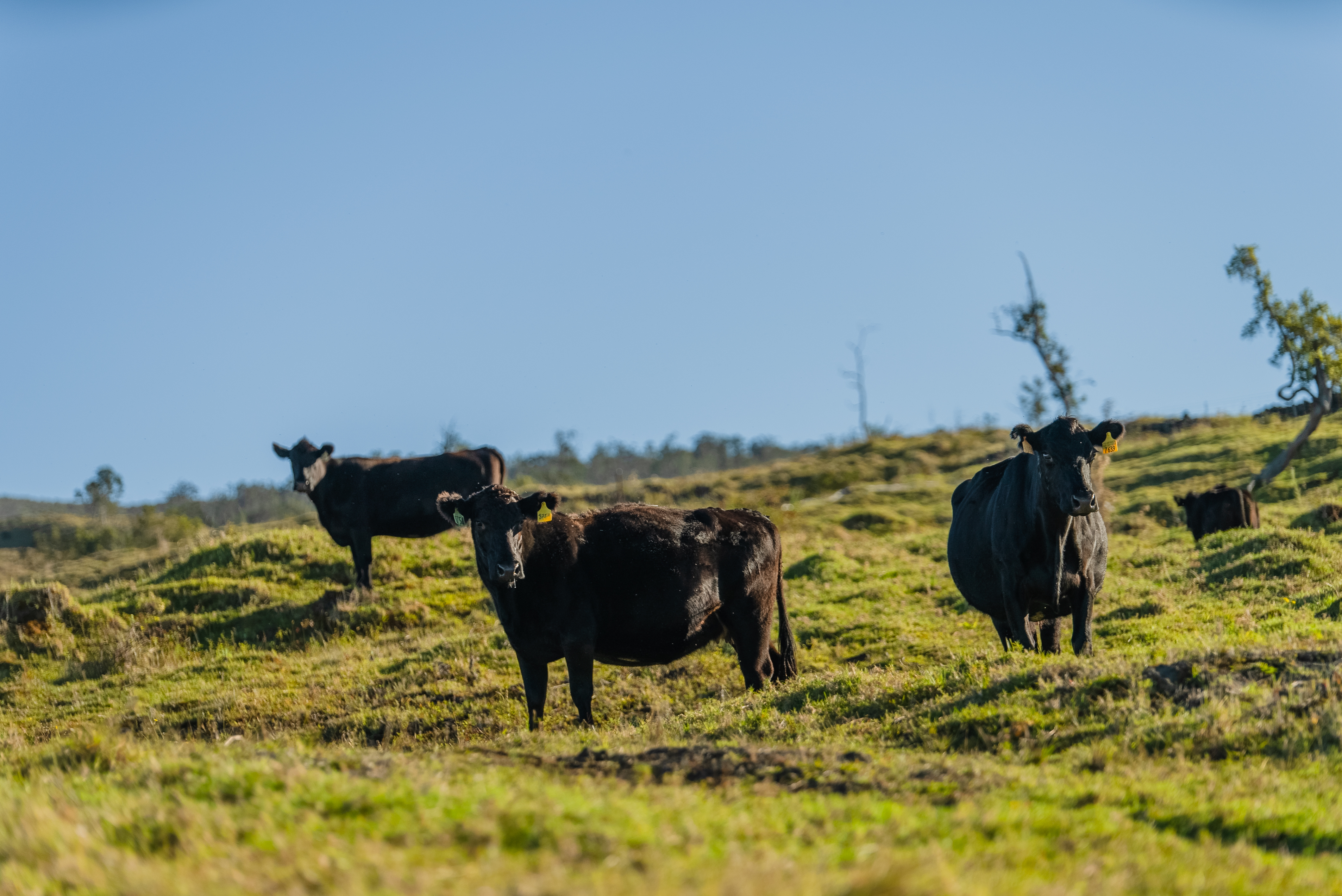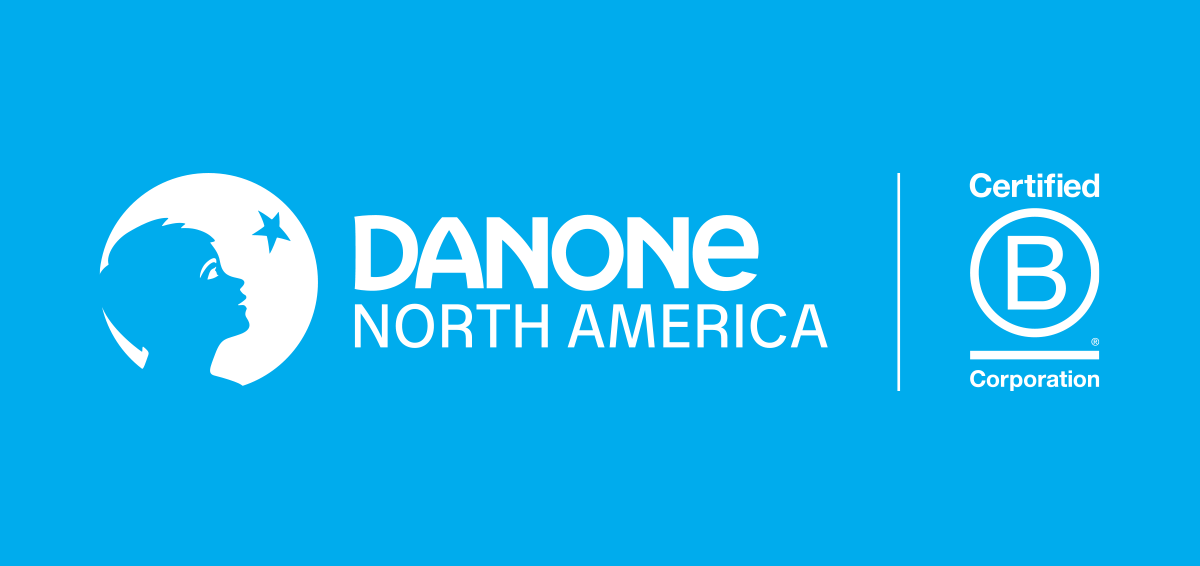
In partnership with Symbrosia and Danone, the study will aim to prove oil-based seaweed product has the potential to be more effective than existing solutions
January 18, 2024, KAILUA-KONA, HI - Symbrosia, a Hawaiʻi-based cleantech startup that uses seaweed to drastically reduce livestock methane emissions, is excited to announce a study with Cornell University’s College of Agriculture and Life Sciences (Cornell CALS), supported by Danone North America, a leading food and beverage company. Designed by Associate Professor Joe McFadden, the study aims to prove the effectiveness of an Asparagopsis-based seaweed oil extract for reducing livestock methane emissions compared to Symbrosia’s existing freeze-dried seaweed products.
Mallory Honan, Symbrosia’s product and animal science lead, spoke about the thoroughness of the study. “The study is more in-depth than any previous, accounting for animal and human food safety, energetics, manure composition, and gas emissions. Additionally, it will observe unique milk characteristics beyond lactose, protein, and fat, assessing changes in the complete milk fatty acid profile,” explained Honan.
Asparagopsis species has been proven to reduce methane emissions in ruminant species by interfering with the methanogenesis process. Symbrosia currently produces a freeze-dried product, SeaGraze™, made of Asparagopsis taxiformis. The product reduces methane emissions by 70% - 80%.
A reduction in methane emissions will have immediate benefits for the climate, superior to that of carbon dioxide reduction alone, according to the Intergovernmental Panel on Climate Change (IPCC). Dairy production from cattle makes up an estimated 8% of total human-caused methane emissions worldwide, as part of agriculture and livestock activities which represent approximately 40% of global methane emissions.
Oil absorbs the compounds found in seaweed at an effective rate, circumventing the need for high inputs of energy required for drying. The product in this form is also anticipated to increase the level of bioactive transference and solubility. Using fresh seaweed in oil instead of freeze-dried material also maintains more of the important compounds and nutrients, as well as possibly making it more stable over time. Should the study prove successful, the oil will be added to Symbrosia’s expanding portfolio of products designed to be incorporated into a variety of systems.
“Symbrosia is leading the charge to find innovative solutions to reduce methane and we wholeheartedly believe in the important work they are doing – as seen by the 2022 funding round for the company led by Danone Manifesto Ventures, Danone’s venture capital arm,” said Chris Adamo, vice president of public affairs & regenerative agriculture policy at Danone North America. “We know climate change at scale cannot be done in isolation and we need efforts and studies like this to unlock new ways to make progress.”
“The use of Asparagopsis-based seaweed oil extract as a methane mitigator for livestock requires a holistic scientific approach to ensure sustained efficacy and safety,” McFadden said. “Our team of researchers and the recent acquisition of climate-controlled respiration chambers provide us the unique opportunity to answer the critical questions surrounding this technology.”
The team's plan to ensure the study's impact on the environment and sustainable agriculture is maximized. The study is set to begin in May of 2024 and will use Holstein dairy cows.
About Symbrosia
Symbrosia is a Hawai’i-based cleantech startup that cultivates fast-growing seaweed strains and develops them into high-value products. Symbrosia has developed SeaGraze™, a natural seaweed feed additive that drastically reduces livestock methane emissions. Called “the seaweed that could save the planet” by The Verge, Forbes, and Inc. Magazine, SeaGraze™ is setting a new standard for sustainability in the U.S. beef, dairy, and apparel industries. In June 2022, Symbrosia raised a $7 million funding round led by Danone Manifesto Ventures. Symbrosia is scaling SeaGraze™ production rapidly and partnering with researchers, ranchers, distributors, and brands to build supply chains that reward producers for producing low-methane animal products. Visit symbrosia.co to learn more.
About Danone North America
Danone North America is a purpose-driven company and an industry leader in the food and beverage category. The company aims to inspire healthier and more sustainable eating and drinking practices with a strong portfolio of health-focused, fast-growing and on-trend brands including: Activia®, DanActive®, Danimals®, Dannon®, evian®, Follow Your Heart®, Happy Family® Organics, Horizon® Organic, International Delight®, Light + Fit®, Oikos®, Silk®, So Delicious® Dairy Free, STōK®, Two Good®, Wallaby® Organic, and YoCrunch®. With more than 6,000 employees and 16 production locations across the U.S. and Canada, Danone North America's long-standing mission is to bring health through food to as many people as possible. As a Certified B Corporation®, Danone North America is committed to the creation of both economic and social value, while nurturing natural ecosystems through regenerative agriculture. For more information about Danone North America, visit danonenorthamerica.com.
About Cornell University College of Agriculture and Life Sciences
The College of Agriculture and Life Sciences at Cornell University is a pioneer of purpose-driven science, working across disciplines to tackle the challenges of our time through world-renowned research, education and outreach. The questions we probe and the answers we seek focus on three overlapping concerns: natural and human systems; sustainable agriculture and food systems, energy and environmental resources; and social, physical and economic well-being. We are fundamentally invested in improving the lives of people, their environments and their communities both in New York state and around the world. For more information on Cornell CALS, visit cals.cornell.edu.




